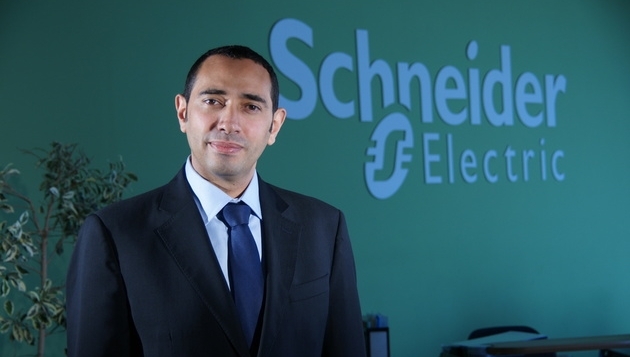Companies and NGO’s are buying up African journalists, says Uncle Tom.
Poor Adedeji Ademigbuji and Birame Faye of The Nation in Nigeria and Le Quotidien in Senegal. They have been seduced, wrapped up and taken to Paris by the French multinational Schneider Electric that produces electrical goods, military battleships and nuclear submarines.
All Schneider had to do was announce an award: the Schneider Media Awards on Electric Counterfeiting in Africa. Just like that, they got African journalists (the Schneider website talks of a ‘great quantity’) to write in their newspapers that the public must not buy ‘counterfeit’ electric goods (from Chinese origin, probably) but proper electric cables, lamps, light fittings and TV screens from a proper company like Schneider. Birame Faye went all out, describing in great detail how a family with seven children perished in flames, just because they fitted their house with the wrong stuff.
Shame, those journalists wanted to go to Paris and two of them now got a ticket. They are also going to be guests of Schneider at a ‘leading international conference for the power sector in sub-Saharan Africa’. The competition was marketed by the new ‘African Press Organisation’ APO, which has developed a winning business model called ‘buy an African journalist’. Nestle, Orange, Coca-Cola and Microsoft are proudly advertised as partners on the APO website. The pharmaceuticals, GlaxoSmithKline and Merck, are there too.
What is really strange is that developmental ‘free media’ organisations, like Transparency International, Thomson Reuters, Bill & Melinda Gates, Oxfam, the European NGO Confederation and Mo Ibrahim, are clients and partners of APO too. Surely these don’t support such practices? But when I phoned a few of my colleagues in African countries, they told me that they do. “One of those offered prizes for ‘best climate change’ reporting,” said a friend from Namibia. “So we dropped what we were doing and started writing about climate change.” Another said that in his town in Kenya most colleagues had been writing about Aids awareness for the past fifteen years because ‘Aids reporting’ was supported by a donor. I asked if their readers were still not Aids-aware by now. “Yes”, my colleague said. “But we get more money like this.”
Then I phoned some of the organisations and asked them if they knew that they were doing the same thing as arms manufacturers and big pharma. They said they didn’t. “The journalists are free, as long as their work fits with certain themes,” one said, sounding distressed about being compared with evil multinationals. “I mean the themes have to be important, isn’t it? We can’t just encourage them to write whatever they like?”
I said that journalism, as far as I knew, was exactly about that: writing what you like, and that Steve Biko himself wrote a book called ‘I write what I like’. My friend in the developmental organisation asked what that book had been about. I didn’t know what to say after that.


